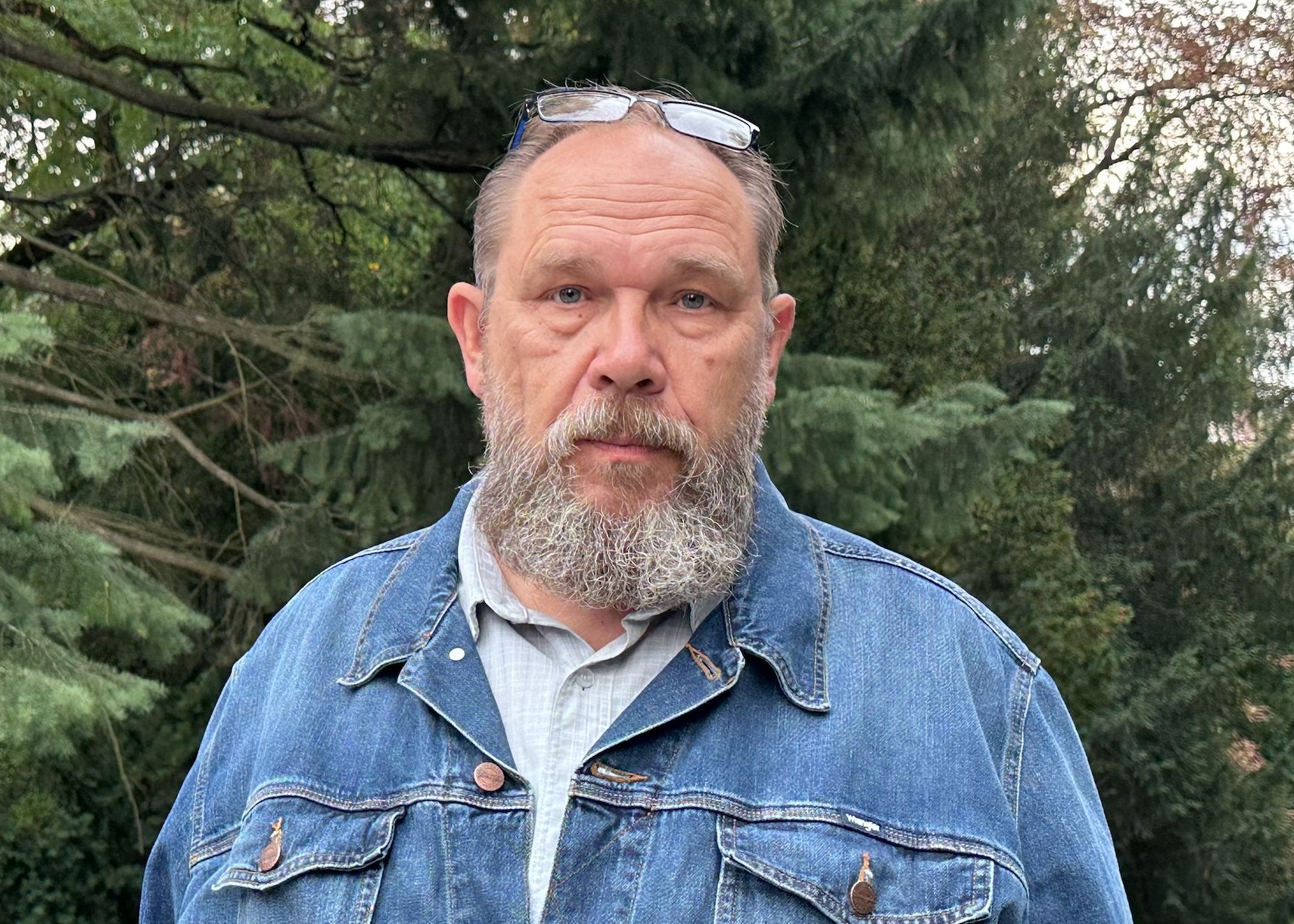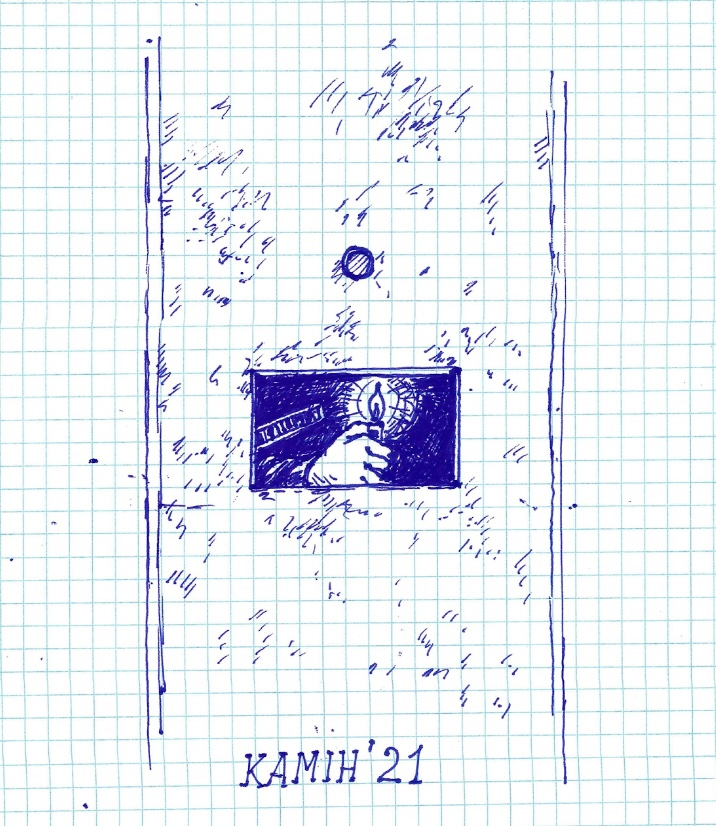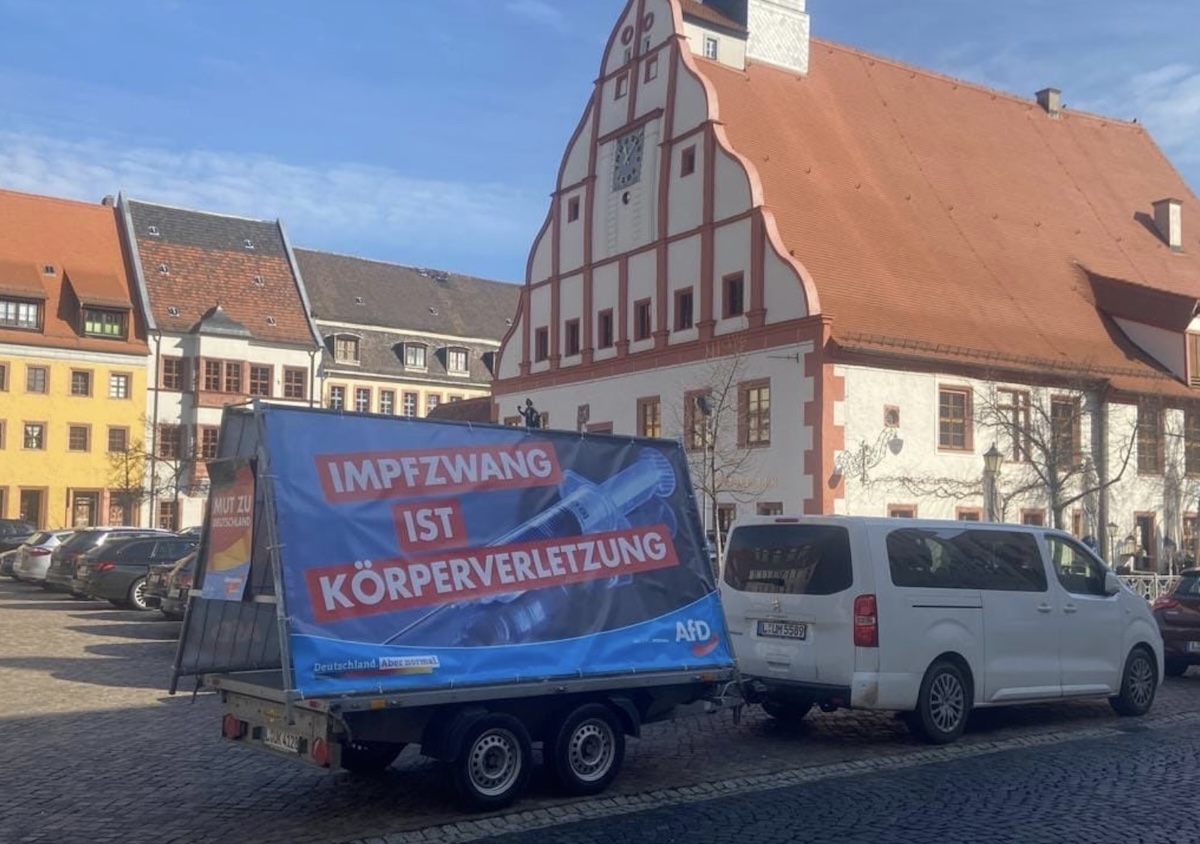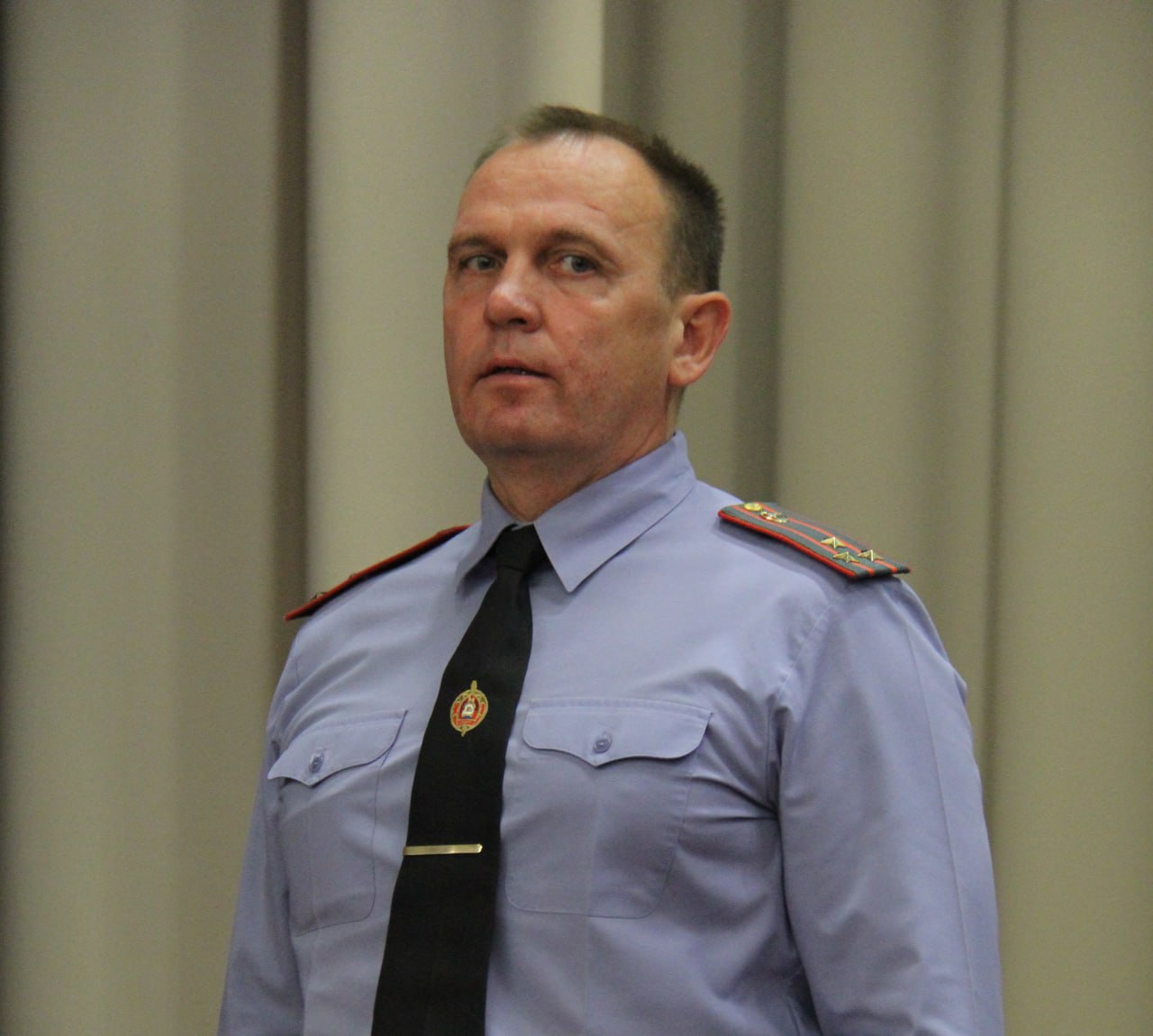История немецкого политика от пророссийской крайне правой партии AfD Йорга Дорнау, который использует труд политзаключенных на своей луковой плантации под Лидой, наделала много шума в Германии. Журналисты из ведущих немецких и европейских изданий провели собственные расследования и поделились подробностями. Дорнау до сих пор не дал никаких комментариев, не появляется в саксонском парламенте. Дело заинтересовало немецких юристов и местную прокуратуру, пообещали разобраться в МИД Германии. У журналистов, экспертов и читателей появилось много вопросов после публикации нашего материала. Редакция Reform.news решила дать ответы на основные. Мы также публикуем новые подробности в деле лукового плантатора.
Вопрос номер 1: Как можно опираться на слова одного свидетеля?
Действительно, в расследовании мы опубликовали слова одного человека. Более того, изменили его имя. Без контекста выглядит это как голословное обвинение анонима. Чем, кстати, и воспользовались в пресс-службе AfD и отказались комментировать анонимные сообщения.
Чтобы было понятно, публикация такого свидетельства в независимых СМИ, признанных режимом экстремистскими, — это гарантированно уголовная статья, длительный тюремный срок, обыски и давление на родственников, знакомых, арест имущества. Если человек находится за границей, родственников могут арестовать и пытать, а сами пытки публиковать в сети. Таких случаев сотни. Мы скорее откажемся публиковать что-либо, чем таким образом навредим людям, находящимся в Беларуси.
Мы осознавали, на какой риск идем, давая слово нашему герою. После нашей публикации он решил не скрывать своего имени и подробно рассказал свою историю нескольким немецким журналистам на камеру. Теперь скрывать его имя смысла нет — это известный в Лиде активист, бард Сергей Черняк.

Вопрос номер 2: Были ли другие свидетели?
У нас были и другие свидетельства, но мы не решились их публиковать, чтобы не подставить людей.
Всю информацию мы верифицировали через местных правозащитников. Отдельное спасибо тг-каналу «Задержания, суды в Лиде» за помощь в подготовке материала. Отметим, именно этот канал еще в феврале 2024 года сообщал о задержании Сергея Черняка и о том, что тот работает на луковой ферме. Мы лишь сложили 2+2 и подтвердили сам факт использования труда политзаключенных через других «сезонных» работников, предоставленных ЦИП.
Вопрос номер 3: Был ли труд принудительным?
Хороший вопрос. Все наши собеседники утверждали, что добровольно (ну почти добровольно) шли на работу. Более того, были рады, что могут на время покинуть тюрьму и быть на свежем воздухе.
В комментариях к нашей публикации и к публикациям немецких СМИ мы даже встречали мнение, что Дорнау чуть ли не спасал политических заключенных от пыточных условий тюрьмы, да еще и давал возможность заработать. Ни дать, ни взять — новый Оскар Шиндлер!
Оставим такие аналогии на совести комментаторов и дадим слово еще одному свидетелю. Человек сейчас в Беларуси, но решил не молчать и рассказать о своем опыте. Безусловно, по понятным причинам мы не публикуем его настоящего имени, пусть будет Дмитрий.
К сожалению, Дмитрий много раз оказывался в Лидском ЦИП по политическим мотивам. В 2024 году он несколько раз перебирал лук на ферме «Цыбулька-Бел» Йорга Дорнау.
Дмитрий говорит, что работа по переборке лука была фактически обязательной.
«На работу вывозят всех. Утром приходит надзиратель и объявляет, куда сегодня поедем работать — это может быть сбор камней (с полей — прим. Reform.news), переборка лука или выезд на свалку. Однажды я решил отказаться ехать на работу, так как чувствовал себя плохо. Надзиратель сказал: «Один ты тут сидеть не останешься», и меня приковали наручниками к батарее на целый день», — делится воспоминаниями наш свидетель.
Во время нахождения в ЦИПе из личных вещей разрешалось иметь только туалетную бумагу и воду. Передачи с едой, как и для других политических, были запрещены.
«В чем тебя задержали, так и будешь ходить всё время. Нам хотели создать максимально тяжелые условия. За целый месяц я ни разу не принял душ. Нам даже не разрешили стирать собственное бельё!» — вспоминает Дмитрий.
По словам Дмитрия, матрасов, подушек и постельного белья в камере не было.
«Кровать металлическая. Три полоски вдоль и четыре поперек. Вот так и спишь, поклавши руку под голову. Два раза за ночь нас будили. В два и четыре часа утра. Мы должны подойти к двери, сказать наши имя, фамилии и за что были задержаны. Какое качество сна, вы, наверное, сами догадываетесь», — рассказывает он.

Туалета в камере Дмитрия не было, было ведро, которое в конце дня выносили и выливали в общий туалет.
«Представьте, какой запах там стоит. Форточка закрыта. Восемь человек находили за целый день, и всё это в одном пакете. Беларусский «биотуалет», — иронизирует Дмитрий.
Условия содержания Дмитрий также называет пыткой. Как и другой герой нашего расследования, Дмитрий считает, что сортировка лука лучше, чем сидеть в переполненной душной камере.
«Можно было общаться с другими заключёнными или вольнонаёмными. Так время проходило веселее. Не могу сказать, что это было ужасно, — рассуждает Дмитрий и, немного помолчав, добавляет. — Хотя, погодите, нас целый день не кормили. Мы работали в подвале с температурой в +3 градуса. После этих работ я заболел, и у меня поднялась температура. В Лидском ЦИПе никто даже не пытался помочь. Так и ходил с температурой и кашлем до конца срока. Так что да, по сути, это тоже была пытка».
На вопрос, слышал ли Дмитрий что-то о немецком фермере, он ответил: «Раньше не слышал. Но мы все его видели. Он приезжал два раза. Это было в … (месяц в целях безопасности мы указывать не будем — прим. reform.news), если я не ошибаюсь».
По словам Дмитрия, первый раз он видел Йорга Дорнау, когда тот заходил в хранилище, где работали заключенные. Второй раз Дорнау сидел в машине, когда заключенные выезжали после работы обратно в Лидский ЦИП.
«Точно не помню какая была машина. Но не маленькая. То ли минивэн, то ли небольшой микроавтобус. Кажется, светлая», — вспоминает он.

Посмотрев на фотографию с белой машиной (мы нашли фото автомобиля Дорнау в его аккаунте в Facebook), Дмитрий говорит: «Да, очень похожа».
Дмитрий говорит, что на их сменах работал вольнонаёмный бригадир Егор (имя изменено, настоящее имя есть в редакции Reform.news). Он особенно жестко относился к политическим заключённым и часто не засчитывал им рабочее время.
«Вообще, я не увидел своих денег (за работу — прим. Reform.news). За мое нахождение в ЦИП было оплачено наперед. Когда нам сказали ехать на работу, я подумал, что хотя бы денег заработаю. Всё лучше, чем сидеть прикованным к батарее. Когда в конце срока мне сказали, что вся заработанная сумма пошла на моё содержание, я был очень удивлён. Денег я так и не получил», — заканчивает свой рассказ Дмитрий.
Отметим, в Беларуси заключенные платят за свое содержание в изоляторе. Заработанные деньги должны были пойти в счёт оплаты нахождения в Лидском ЦИП. Вот такой вот отель особого режима с двухразовым питанием и сельскохозяйственным фитнесом.
Вопрос номер 4: Можете показать письменный договор между ЦИП и Дорнау?
К нам обращались многие западные журналисты и в соответствии с журналистскими стандартами пытались получить документальное подтверждение описанного в статье: договоры, которые подписывали заключенные, письменный договор между ЦИП и ООО «Цыбулька-Бел». Кто-то даже хотел съездить в Лиду сделать репортаж и просил о помощи.
К сожалению, никаких документов, договоров, официальных комментариев в современной Беларуси получить не только невозможно — это просто опасно. В Беларуси по политическим статьям были арестованы и прошли через тюремные пытки многие десятки тысяч беларусов. Уровень репрессий сопоставим с ситуацией в Северной Корее или сталинским ГУЛАГом.
Мы пошли другим путем и нашли бывшего милиционера и сотрудника Лидского РОВД, который согласился подробнее рассказать о «бизнес-модели» изолятора. Назовем нашего свидетеля Павел.
«Сам Лидский ЦИП самостоятельно не принимает никаких решений. Все договоры подписывались начальником Лидского РОВД, Сергеем Николаевичем Сыцевичем«, — объясняет он.

Отметим, Сергей Сыцевич ушёл с поста начальника РОВД совсем недавно. Пошел на повышение — в начале сентября он стал замначальника УВД Гродненского облисполкома. Однако во время нахождения наших свидетелей на работах у Йорга Дорнау именно Сыцевич подписывал все документы.
Как рассказывает Павел, у ЦИПа всегда была проблема с финансированием.
«Взыскание средств за «услуги» ЦИПа государство возложило на плечи правонарушителей. У некоторых граждан взимать деньги трудно, поэтому руководство придумало «трудотерапию». Например, заключённых вывозили на поля собирать камни, пропалывать грядки или на коммунальную свалку ЖКХ», — отмечает он.
По словам Павла, для заключённых работа за пределами ЦИПа была возможностью покинуть застенки.
«Когда сажали политических, их родственники знали, куда их отправляют. Привозили еду, могли встретиться. Как правило, заключённые шли на работу осознанно. Другой вопрос — как им платили. Сами понимаете, такие работники не самые мотивированные», — считает наш свидетель.
У любого ЦИПа есть показатель взыскания за пребывание, продолжает Павел: «80%, 90%, а лучше всего 100%. Когда Сыцевич подписывал договоры с колхозами, полигонами, «Цыбулька-Бел», он был мотивирован повысить этот показатель. Ему как руководителю Лидского РОВД было легче отчитываться перед областными властями».
На вопрос, мог ли бизнес отказаться от сотрудничества, Павел отвечает: «Конечно, мог. В Лиде есть биржа труда, там можно нанять людей. ЦИП выставляет свои услуги, и для бизнеса заключить договор с ЦИПом выгоднее. Ты получаешь гарантированных сотрудников на сезон».
Reform.news уточнил, насколько часты случаи удержания заработанных денег, как это было в случае с Дмитрием.
«Такое вполне могло произойти. Задержанный может не знать, что за него заплатили вперед. В таком случае он мог обратиться и проинформировать сотрудников ЦИПа. Но чтобы кто-то присваивал деньги задержанных — на это никто не пойдет», — считает бывший сотрудник РОВД.
Вопрос номер 5: Сколько Дорнау заработал на своей плантации?
Мы также обратили внимание на интерес коллег Дорнау по Ландтагу Саксонии к доходам, которые тот получил от незадекларованной беларусской компании «Цыбулька-Бел». Штраф за сокрытие информации зависел от полученного дохода, но так как Дорнау не предоставил и эту информацию, его наказали минимальной в таких случаях суммой в размере трех месячных зарплат депутата — 20 862 евро.
Reform.news удалось получить бухгалтерский баланс ООО «Цыбулька-Бел» (УНП 592000217) по состоянию на 2023 год. Спасибо неравнодушным гражданам Беларуси за отзывчивость.
Мы обратились к профессиональному беларусскому бухгалтеру, чтобы он помог разобраться с данными. Для справки, курс на конец 2023 года составлял 1 евро = 3,5363 беларусских рубля.
В отчете о прибылях и убытках говорится, что «Цыбулька-Бел» за 2023 год сработала с убытком в 721 тысячу беларусских рублей: выручка от реализации составила 3,246 млн рублей, а себестоимость — 3,967 млн рублей.
Это нормальное состояние для недавно созданного предприятия, в которое собственник инвестирует свои средства. Обычно собственники записывают на себестоимость всё, и формируется убыток. Главное, что предприятие производит продукцию и получает оплату.
За 2023 год активы предприятия увеличились с 2,874 млн бел. рублей до 3,775 млн бел. рублей.
Бухгалтер обращает внимание на появление долгосрочной дебиторской задолженности в размере 780 тыс. руб. Это значит, что оплата по ним наступит не раньше чем через 36 месяцев. Вряд ли компания в такое нестабильное время отправила продукцию в долг на такой длительный срок. Речь может идти о какой-то выплате, например, собственнику или другому партнеру. Без дополнительных документов понять смысл увеличения долгосрочной дебиторской задолженности невозможно.
У предприятия есть и краткосрочная дебиторская задолженность.
«Увеличение краткосрочной дебиторской задолженности по строке баланса 250 на 310 тыс. руб не свидетельствует о быстром обороте реализованной продукции или услуг. Все распродано, денег нет, основные средства скорее всего закуплены за счет привлеченных займов или кредитов», — считает бухгалтер.
Специалист также обращает внимание на появление добавочного капитала в размере 884 тысяч рублей.
«Это свидетельствует о переоценке основных средств до рыночной стоимости в 2023 году, из чего можно предположить, что предприятие готовят к продаже», — полагает наш эксперт.
За 2023 год «Цыбулька-Бел» выплатила зарплат работникам на сумму 347 тысяч рублей.
«Обратите внимание на позиции в отчете о движении денежных средств 050 — 080, они пусты, а вот позиции в балансе по увеличению займов и кредитов увеличены, из этого делаю вывод что отчет или недооформлен, или сделан с ошибкой», — предполагает эксперт.
Мы решили опубликовать баланс целиком, чтобы специалисты могли изучить его самостоятельно. Метаданные у файла удалены.
Вопрос номер 6: Продавал ли Дорнау лук в Германию?
Государственные беларусские СМИ, расхваливая немецкого инвестора, подчеркивали, что новая плантация будет производить намного больше лука, чем нужно внутреннему рынку. Большая часть продукции должна была уходить на экспорт. Главные направления — ЕС, Россия и страны ЕАЭС.
Сразу оговоримся, нам не удалось найти подтверждения фактов поставки продукции ООО «Цыбулька-Бел» в Германию или другие страны Евросоюза.
В конце 2023 года Беларусь ввела лицензирование вывоза лука на три месяца: вывоз лука репчатого за пределы Беларуси вне зависимости от их происхождения осуществляется по разовым лицензиям, выдаваемым МАРТ по согласованию с областными исполкомами. Отметим, близость немецкого бизнесмена к местным и областным властям вряд ли стала бы препятствием для получения лицензии.
В Беларуси статистика засекречена, поэтому о возможном объеме поставок лука из Беларуси на европейский рынок можно судить только по европейской статистике.
Известно, что в 2023 году Беларусь поставила в ЕС 2175 тонн лука и шалота на 524,85 тыс. евро. Польша купила на 309,4 тыс. евро, Румыния — на 210,2 тыс. евро, а Литва — на 5,2 тыс. евро. Для сравнения, в 2022 году результаты были на порядок скромнее — всего было продано лука на 54,6 тыс. евро, а в 2021 году — на 3,12 тыс. евро. В 2022 году из-за погодных условий в странах ЕС вырос спрос на импортные поставки лука.
Отметим, ООО «Цыбулька-Бел» было зарегистрировано осенью 2020 года и вышло на существенные производственные мощности не ранее осени 2022 года. Планировалось, что предприятие будет выращивать 10 тысяч тонн лука в год. Возможно, выход на рынок продукции «Цыбулька-Бел» и привел к взрывному росту экспорта.
Какая доля экспорта в ЕС приходится на плантацию немецкого политика, нам выяснить не удалось.
***
Вы можете поддержать нашу работу донатом:

